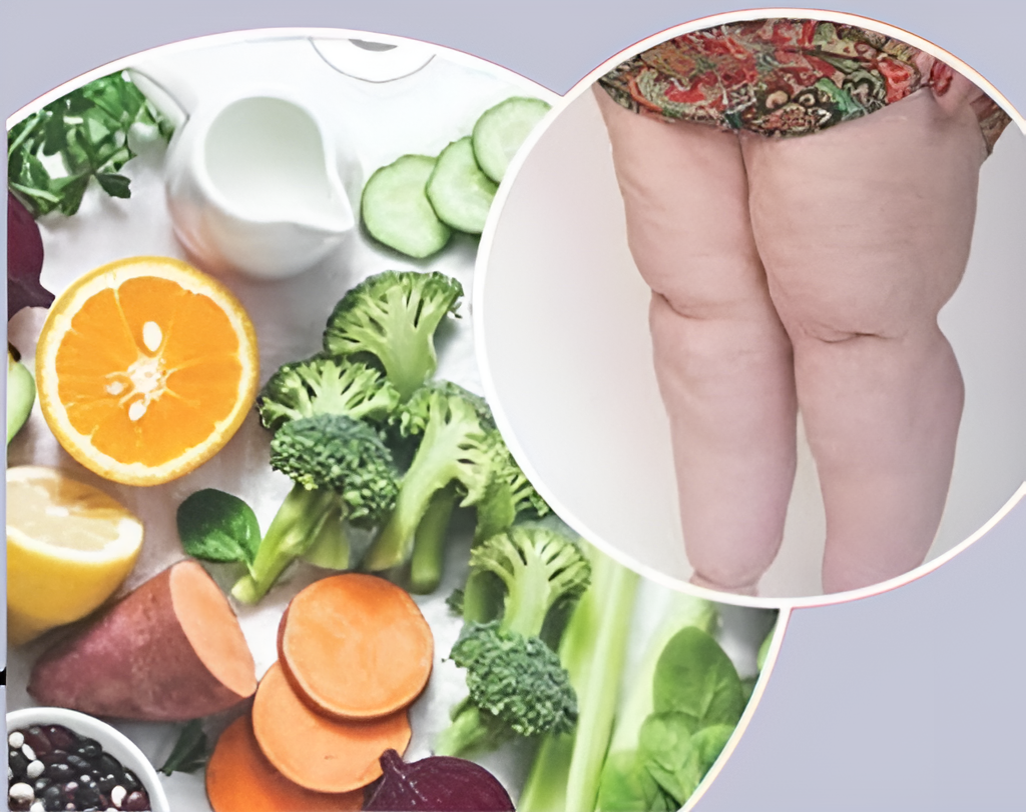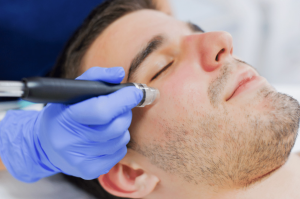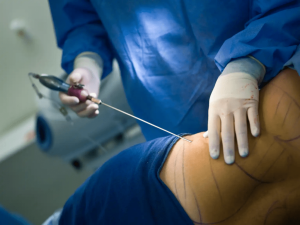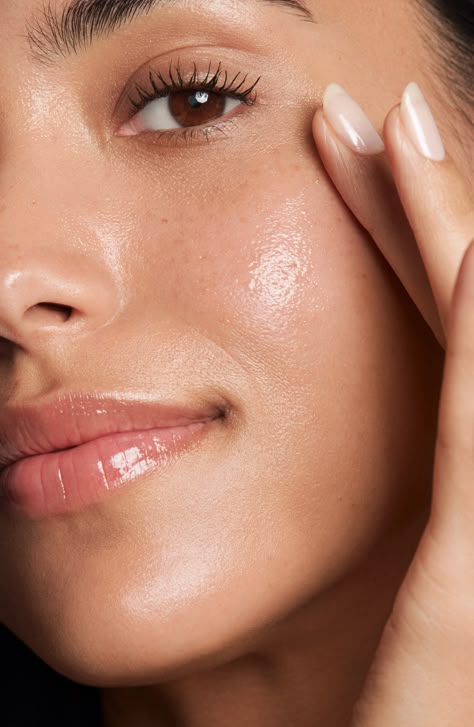What Type of Diet Should a Lipedema Patient Have?

Understanding Lipedema: More Than Just Weight Gain
Lipedema is a chronic condition that predominantly affects women. It is characterized by the abnormal accumulation of fat particularly in the legs and arms. This condition leads to a disproportionate body shape and is resistant to traditional diet and exercise interventions. Unlike typical weight gain, Lipedema fat does not respond well to conventional weight loss methods. Hence, lipedema diet is important.
Hormonal influences are believed to play a key role in the development of Lipedema as it often worsens during puberty, pregnancy, or menopause. In addition to cosmetic concerns, pain and tenderness in the affected areas are common, leading to mobility issues and emotional distress linked to body image.
Recognizing Lipedema early is crucial for effective management. Often misdiagnosed as obesity or lymphedema, understanding its unique characteristics can pave the way for appropriate treatment options.
If you’re seeking Lipedema treatment Dubai, consulting a knowledgeable specialist is vital.
The Essential Role of Diet in Managing Lipedema
Diet plays a significant role in managing Lipedema. A well-planned Lipedema treatment diet can help reduce inflammation, manage symptoms, and improve overall well-being.
A balanced diet rich in lean proteins, antioxidants, and healthy fats can make a substantial difference. Incorporating foods like fruits, vegetables, lean meats, and good fats like nuts and avocados into your Lipedema diet can help reduce inflammation and support your body’s health.
Hydration is also key—drinking plenty of water aids lymphatic function and reduces swelling associated with lipedema. Choosing whole, unprocessed foods over processed options helps maintain stable blood sugar levels and promotes better metabolism.
Top Food Choices for a Lipedema-Friendly Diet
When managing Lipedema, focusing on whole, nutrient-rich foods is essential. Here’s a breakdown of what to include in your Lipedema treatment diet:
- Leafy Greens: Spinach, Kale, Lettuce, and other leafy greens are low in calories but high in essential vitamins and minerals.
- Colorful Vegetables: Bell peppers, carrots, and other vibrant veggies provide antioxidants that support overall health.
- Lean Proteins: Chicken, turkey, fish, and plant-based proteins help maintain muscle mass without adding excess fat.
- Healthy Fats: Nuts, seeds, avocados, and olive oil are crucial for promoting satiety and supporting heart health.
Incorporating these foods into your eating regimen can support your body’s needs and effectively manage Lipedema symptoms.
Foods to Avoid in a Lipedema Diet
Certain foods can aggravate Lipedema symptoms and should be minimized or avoided:
- High-Sugar Foods: Sugary snacks, pastries, and sugary drinks can increase inflammation and fat accumulation.
- Processed Foods: Items like frozen dinners and packaged snacks often contain unhealthy fats and additives that disrupt metabolism.
- Excessive Salt: High-sodium foods can lead to water retention and worsening swelling. Opt for herbs or spices instead of salt.
- Trans Fats: Foods high in trans fat, such as fried foods or baked foods, significantly contribute to inflammation.
By avoiding unhealthy foods, you can better manage Lipedema more effectively and enhance the effectiveness of your diet.
Effective Meal Planning and Portion Control
Planning meals in advance is a crucial tool for managing Lipedema. It ensures your meals are balanced, nutritious, and aligned with your dietary needs.
- Weekly Menu Planning: Set a weekly menu that includes a variety of foods from the recommended groups. This keeps meals interesting and satisfying.
- Portion Control: Use smaller plates to help regulate serving sizes and listen to your hunger cues to avoid overeating.
- Healthy Snacks: Keep healthy snacks like nuts or fruit on hand to avoid reaching for processed, high-sugar options.
These strategies can help you maintain a healthy weight and reduce Lipedema symptoms.
Lifestyle Adjustments for Managing Lipedema
Beyond lipedema diet, several lifestyle factors play a crucial role in managing Lipedema:
- Regular Exercise: Daily exercises such as walking or cycling improve circulation and reduce discomfort.
- Stress Management: High stress levels can exacerbate inflammation. Practicing yoga or meditation can promote relaxation.
- Adequate Hydration: Drinking enough water supports lymphatic function and flushes out toxins.
- Proper Sleep: Quality rest aids recovery and balances hormones that affect weight and fluid retention.
Incorporating these lifestyle adjustments creates a holistic approach to managing Lipedema.
Consult Amwaj Polyclinic for the best Lipedema doctor Dubai
If you’re navigating the challenges of Lipedema, seeking professional guidance can make a significant difference. At Amwaj Polyclinic, we understand the complexities of this condition and offer personalized care tailored to your needs.
Our experienced team and Dr. Sebastian Michel specializes in Lipedema treatment in Dubai, providing medical and dietary support. Whether you’re seeking advice on an effective Lipedema treatment diet or need assistance managing symptoms through lifestyle changes, we’re here to help.
Let’s work together towards better health and an improved quality of life.








